Publications
The publications constitute a series of 3 articles on a given topic, summarizing in-depth analysis of the discussed phenomenon.
Additional occasional publications and longer reports or analyses may also appear.
Publications interact with scripts, presentations and infographics.
- Bez kategorii
- publikacje ANG
- publikacje PL

The history of Polish-Egyptian relations has roots deeper than it may appear. Long before the signing of the first diplomatic agreements, before the visits of official delegations and contemporary academic exchanges, the bond between the two nations was culture: the language of art, science and shared admiration for the heritage of the civilization on the Nile. From the romantic journeys of Juliusz Słowacki, through the fascination with the Orient in Polish painting and literature, to the scientific expeditions of Kazimierz Michałowski and the work of modern institutions, Egypt holds a special place in the Polish imagination. It is precisely through culture that Poles and Egyptians have been able to get to know, understand and inspire one another. Art, science and education have proved more durable...

The positive experience from the ongoing Polish-Lebanese cooperation is a good prognosis for the future. Current areas of cooperation, such as humanitarian and development aid and security, should be deepened, and cooperation should also be extended to new areas. As the leader of Central and Eastern Europe, Poland has a lot to offer Lebanon on many levels. Currently, Poland is the 20th largest economy in the world, which is the result of a successful political and economic transformation. Thanks to dynamic development over the last two decades, Poland has become a key European Union country, possessing modern road and rail infrastructure, enjoying the reputation of being one of the safest countries in Europe, and attracting investors from around the world. Polish cities, including provincial ones,...

Poland has extensive experience in modernizing its rail network as well as expanding public transport in cities and Iraq’s needs in this area are immense. Public transport is based almost exclusively on shared taxis and minibuses; there is no metro or trams, and the only operational railway line, connecting Basra with Baghdad, is outdated. The expansion of the public transport network in Baghdad would not only solve the issue of gigantic traffic jams hindering movement but would also contribute to improving air quality and, consequently, public health. The 8-million-strong Baghdad, which is currently undergoing dynamic development and expansion, cannot afford to continue functioning without a metro, trams, and buses. Poland, in turn, possesses both the know-how in urban transport planning and the construction of rolling...
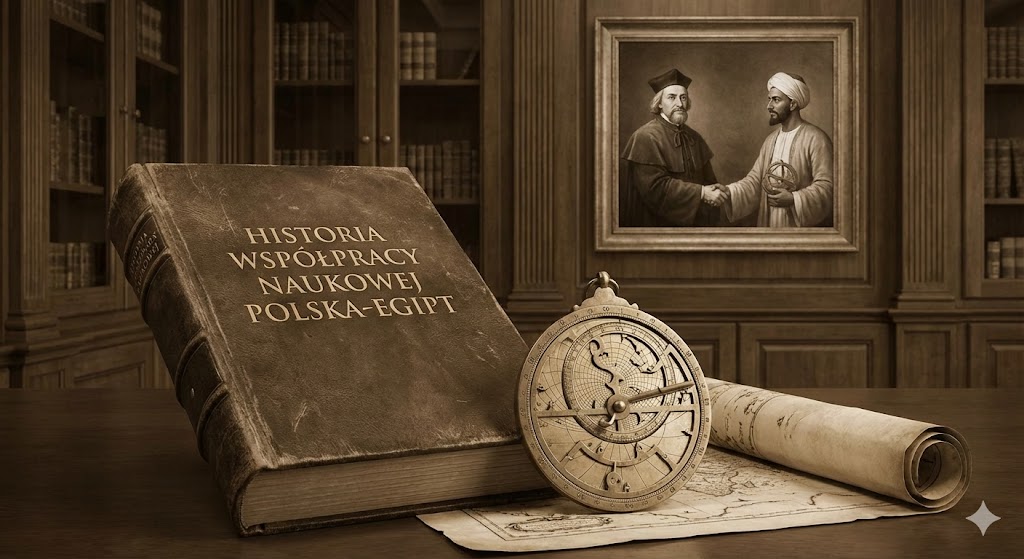
For more than three centuries, Poland and Egypt have remained in a unique relationship in which science, discovery and respect for heritage create a lasting bridge between Europe and the Arab world. Despite geographical distance and differing cultural traditions, the two nations met in the realm of knowledge. It is a long history of collaboration among scholars who shared the conviction that knowledge transcends political, religious and linguistic boundaries. Although formal academic cooperation emerged only in the twentieth century, its roots reach back to the seventeenth century, when the first Polish accounts from Egypt had a cognitive, religious and travel-related nature. Over the following centuries the forms of these contacts evolved—from descriptions and clerical missions, through the work of military engineers and orientalists, to joint...
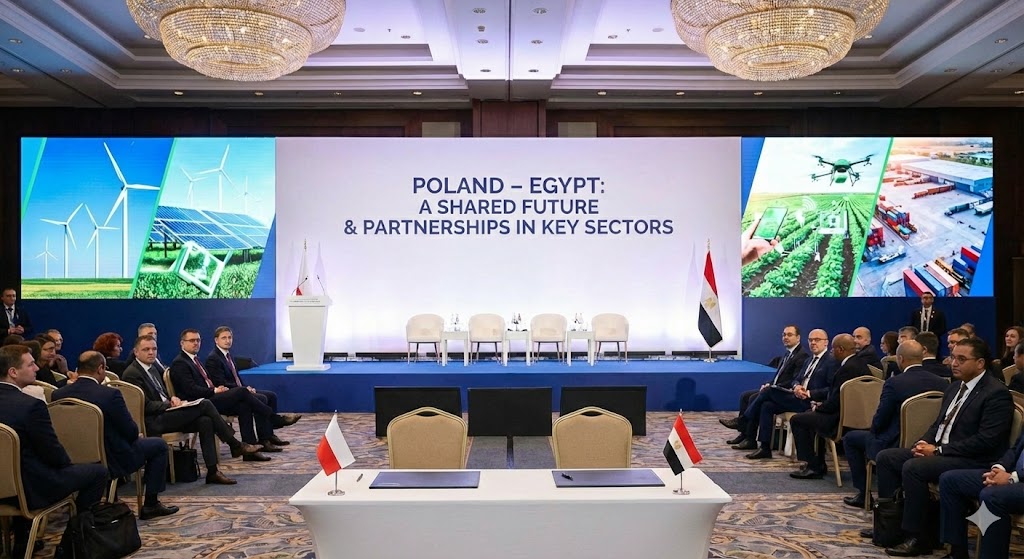
Poland and Egypt are linked by long-standing, friendly relations whose beginnings date back to the establishment of diplomatic ties in 1927. Egypt is considered a key partner for Poland in the Arab world, both politically and economically. In recent years, intensive high-level contacts have given this cooperation a new dynamism. Faced with global challenges, both countries are jointly seeking new areas of cooperation that will bring tangible benefits to their societies and support the stability of the region. Below we present the prospects for developing partnership in key sectors. Economic and trade cooperation A growing scale of economic cooperation – with potential for more: In recent years, trade between Poland and Egypt has increased significantly, surpassing USD 900 million in 2022. The structure of this...
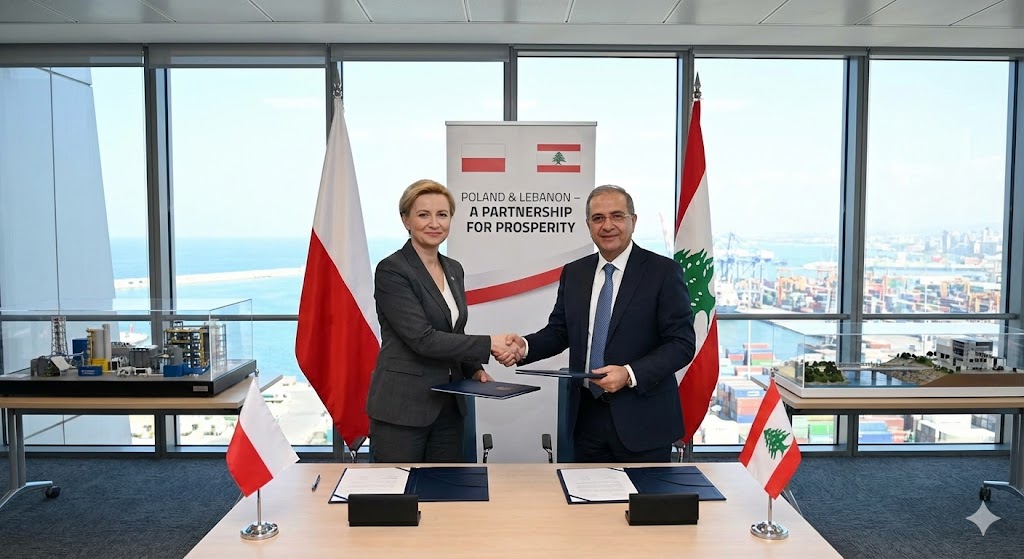
At the end of 2025, economic relations between Poland and Lebanon can be described as partnership-based and steadily developing. Although the two countries are separated by geographical distance, they are connected by a rich history of contacts and growing cooperation – from humanitarian activities to trade and investment. These relations are built on pragmatism, mutual benefits and trust, which give them a stable and long-term character. Beginnings of diplomatic and economic relations The history of official contacts between Poland and Lebanon dates back to the interwar period. From 1 November 1933, consular agents of the Republic of Poland operated in Beirut, responsible for trade and maritime affairs in the territory of Lebanon and Syria. This was the first permanent Polish representative body in the region,...
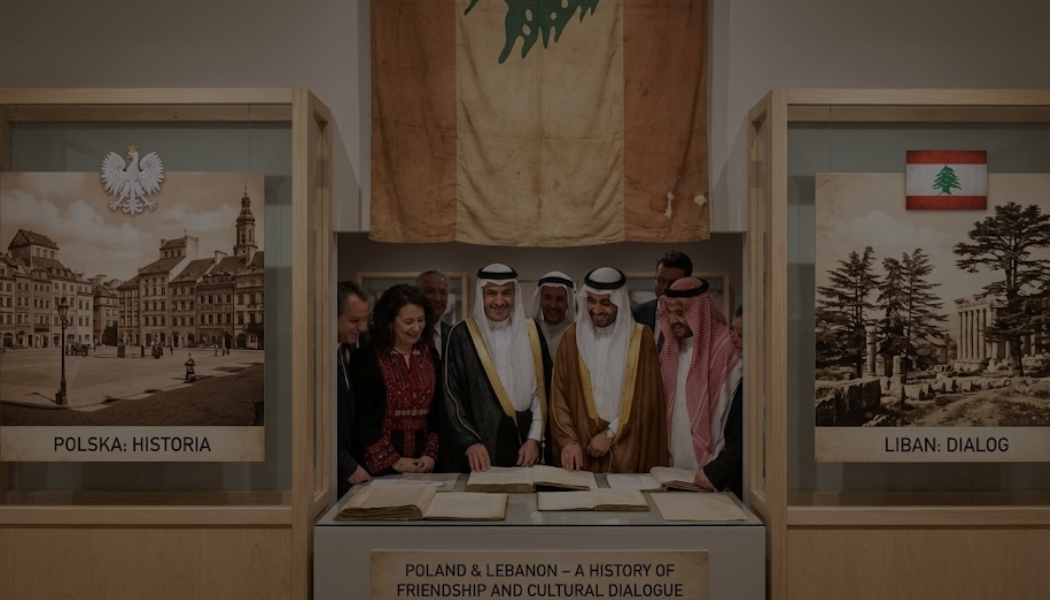
Poland and Lebanon share a surprisingly rich history of contacts. Over the centuries, spiritual, artistic and social ties have deepened, creating an inspiring picture of mutual cultural interpenetration. From medieval pilgrims, through Romantic poets, missionaries and wartime refugees, to the contemporary Polish community in Lebanon, these histories form a narrative of hospitality, shared values and friendship between the two nations. Historical encounters: from pilgrims to Romantics The first mentions of Poles in Lebanon date back to the time of the Crusades. Although Polish knights did not take part in the crusades on a large scale, we know that already in the 13th and 14th centuries Polish nobles and pilgrims reached Lebanese lands on their way to the Holy Land. One of the pilgrims whose valuable...
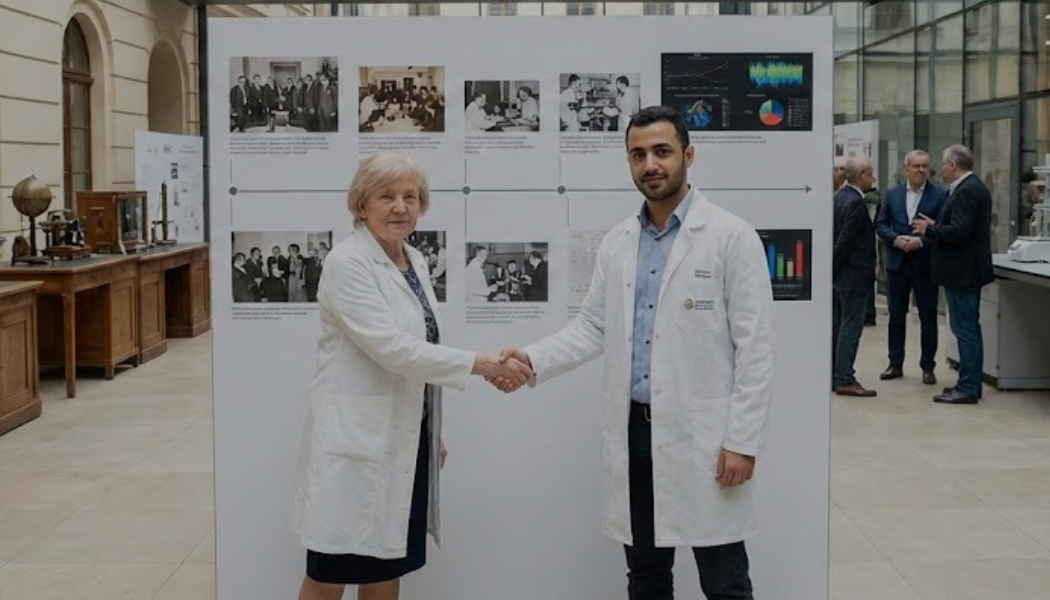
The scientific traditions linking Poland and Lebanon have a long history, dating back to the first half of the nineteenth century. Their beginning was the work of the Polish Jesuit Father Maksymilian Stanisław Ryłło, an outstanding missionary and scholar who played a key role in the development of education in the Middle East. In 1839, on his initiative, the Asiatic College (Collegium Asiaticum), a Jesuit school, was established in Beirut, which in 1875 was transformed into Saint Joseph University (Université Saint-Joseph, USJ). It was the first modern institution of higher education in the region and at the same time a symbolic beginning of the presence of Polish educational thought in Lebanon. The work of Father Ryłło, who knew the Arabic language and the culture of...
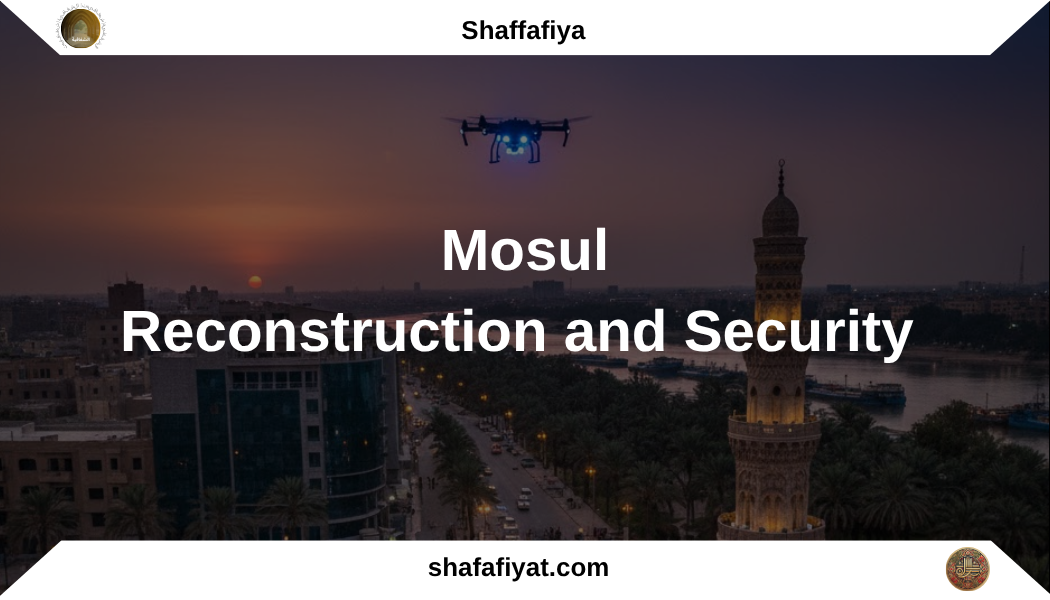
On 2nd of November a conference dedicated to the Iraqi information environment and the threats of disinformation and foreign influence operations was held at the University of Mosul. This conference was organized by the Info Ops Foundation as part of a project researching Iraq’s information environment, carried out in cooperation with the Casimir Pulaski Foundation. The aim was both to present the results of our research and to learn the reflections of the local academic community on them. The development of scientific cooperation between Iraqi universities, such as the University of Mosul, and Polish universities is extremely important for developing mutual relations, better understanding, counteracting disinformation and extremism, and, as a result, building a secure international environment. Science and education are, after all, the opposite...
